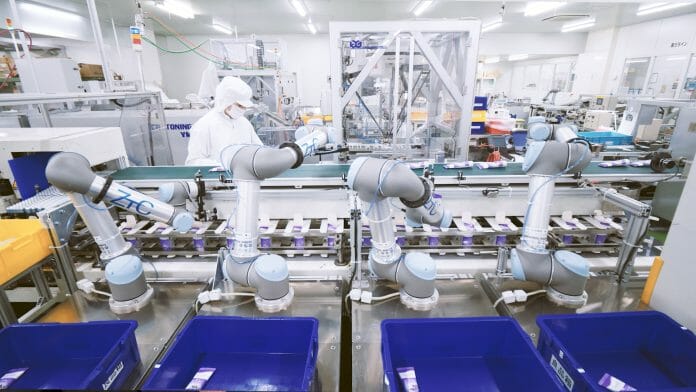U.S. microchip export controls imposed last year to freeze China’s development of supercomputers used to develop nuclear weapons and artificial-intelligence systems like ChatGPT are having only minimal effects on China’s tech sector.
The rules restricted shipments of Nvidia Corp and Advanced Micro Devices Inc chips that have become the global technology industry’s standard for developing chatbots and other AI systems.
But Nvidia has created variants of its chips for the Chinese market that are slowed down to meet U.S. rules. Industry experts told Reuters the newest one – the Nvidia H800, announced in March – will likely take 10 per cent to 30 per cent longer to carry out some AI tasks and could double some costs compared with Nvidia’s fastest U.S. chips.
Even the slowed Nvidia chips represent an improvement for Chinese firms. Tencent Holdings, one of China’s largest tech companies, in April estimated that systems using Nvidia’s H800 will cut the time it takes to train its largest AI system by more than half, from 11 days to four days.
“The AI companies that we talk to seem to see the handicap as relatively small and manageable,” said Charlie Chai, a Shanghai-based analyst with 86Research.
The back-and-forth between government and industry exposes the U.S. challenge of slowing China’s progress in high tech without hurting U.S. companies.
Part of the U.S. strategy in setting the rules was to avoid such a shock that the Chinese would ditch U.S. chips altogether and redouble their own chip-development efforts.









